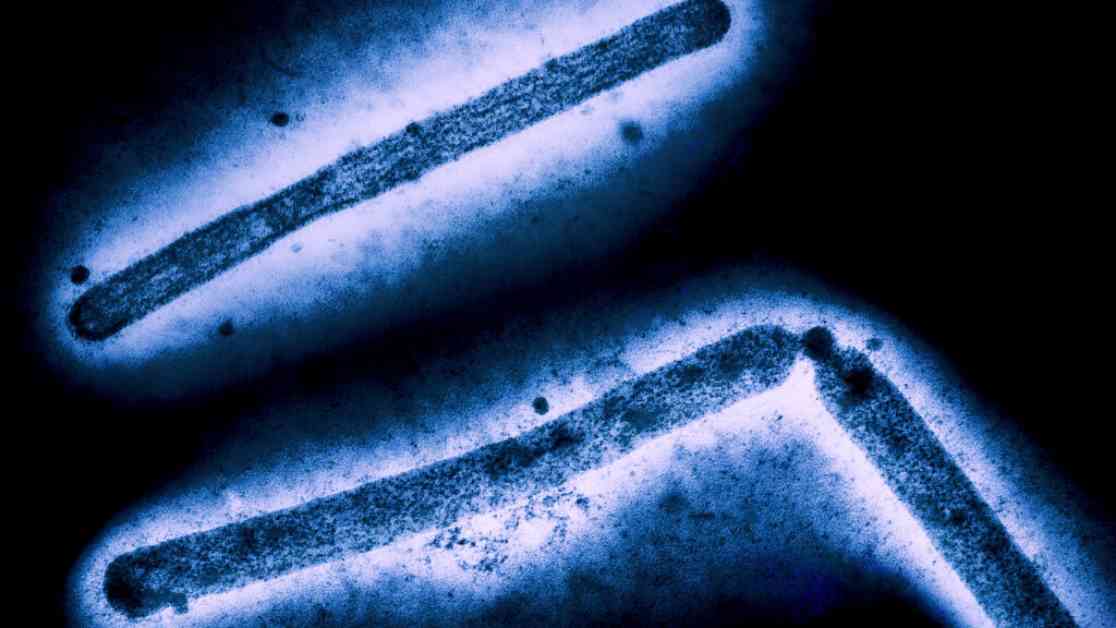U.S. health officials are facing challenges in determining whether a Missouri person infected with H5N1 bird flu transmitted the virus to others. This delay is raising concerns about the potential for human-to-human transmission. The Centers for Disease Control and Prevention (CDC) has collected blood samples from health workers and a household contact of the infected individual to test for antibodies indicating possible infection. However, due to genetic changes in the virus, a new test had to be developed, causing a delay until mid-October.
The CDC had difficulty growing whole viruses from the patient’s sample, so scientists had to engineer H5N1 viruses with the necessary changes for the new serology test. The individual’s contraction of the virus remains unexplained, as they were hospitalized for other health issues and initially tested positive for influenza. Retrospective investigations have revealed six health workers who cared for the patient and experienced respiratory symptoms.
There are concerns that this situation could represent a cluster of cases, which would be alarming as H5N1 is not easily transmittable among humans. The mutations in the Missouri virus could impact the effectiveness of vaccines and serology tests, leading to false results. The CDC is taking precautions to remove antibodies to seasonal flu strains from samples before testing for H5N1 antibodies. These additional steps are prolonging the process of obtaining definitive answers.
Experts like Jesse Bloom and Michael Osterholm support the thorough testing process despite the delays. Bloom emphasized the importance of accurate results and the need for careful consideration in interpreting serology tests. Osterholm highlighted the possibility that the patient’s contacts may have had other respiratory illnesses like Covid-19.
The CDC is closely monitoring flu activity in Missouri but has not detected any unusual signals so far. While the delay in testing is causing anxiety about the potential for human-to-human transmission, health officials are prioritizing accuracy and thoroughness in their investigations. As the situation unfolds, everyone will have to wait for conclusive results to determine the extent of the outbreak.

















